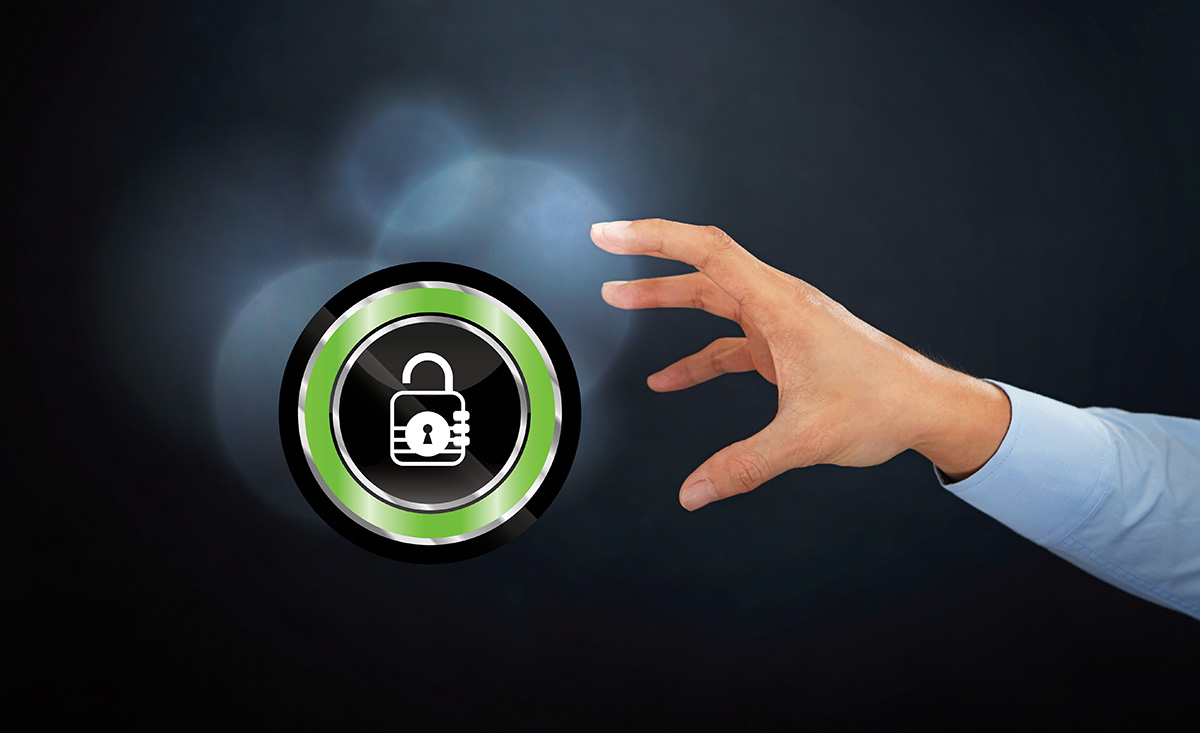3 Reasons Every Phone Needs A VPN

With every new scandal, it becomes more difficult to trust companies. Apple recently admitted to purposefully slowing down older iPhones. Supposedly, this was done to not to harm old batteries. More likely, it’s a ploy to get users to buy new models.
Samsung, along with other Android-running handsets, like to play the ‘underdog’ card. They present themselves as better than big corporations like Apple. But the truth is, they are big corporations too, and with capitalism, everything comes down to money.
It’s no wonder that shows like Black Mirror, which present a technophobic approach to the world we may soon live in, are extremely popular. We spend so much of our lives on our phones, but the truth is that hardware and software developers usually don't have our best interests at heart.
The worrying thing is that it’s not just some extra expenditure that’s at stake. If we’re not careful, hackers can go so far as to steal our identities. Online security is important and if you don’t protect yourself nobody else will. We strongly encourage you to expand your knowledge on this topic, best online reviews has some great tutorials and information sources relating to information security.
Here are three reasons why every phone needs a VPN.
1. Identity theft is rife
If you haven't been a victim of it, the term “identity theft” might sound a little dramatic. But the truth is that millions of people fall victim to it each year, and not only do they lose money, but they also end up with bad credit scores and damaged reputations.
When you go online on your phone or computer, you're opening yourself up to identity theft. Your location is revealed in your IP address, and it’s easy for good hackers to steal your data. A VPN masks your location and encrypts your data, making you that much more secure. While it is not foolproof, hackers will likely not bother to go the extra mile with you unless you have some sort of importance to them.
2. Privacy is a basic right
Even if you're not doing anything potentially compromising, having someone follow your online activity is disconcerting, to say the least. Often, you may find yourself browsing in incognito mode, to prevent your browser from saving your history or any cookies that a site may try to impose on you.
But that does not stop hackers or government surveillance from being able to track what you're doing. It makes no difference whether or not you're using incognito mode.
Some will not care. What does it matter if the government knows what they do in their spare time? But privacy should always be a basic right, and many of us are more comfortable knowing that there’s no one standing over our shoulders.
3. It opens up restricted content
If you're living in a country in which certain content is restricted, a VPN allows you to mask your location, acting as if you're somewhere else. This may help you do something as simple as watching other countries’ Netflix series. When living in a region which restricts YouTube or other content that may criticise the authorities, using a VPN can help you exercise your democratic ideals.
Not only will it stop geo-restrictions from taking effect, but it will also prevent you from being censured for your online activity.
Disclaimer: This is a sponsored post and may contain affiliate links. The views expressed in this article are those of the author and may not represent the views/ideology of PhoneBunch.
| Press Images of Samsung Galaxy S9 and Galaxy S9+ emerge online, ahead of February 25 launch | Honor 9 Lite launched at just Rs. 10,999 packs in four cameras, glass body |















